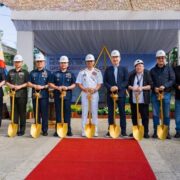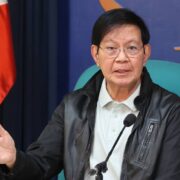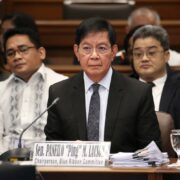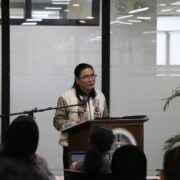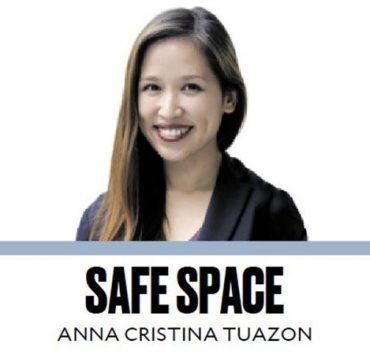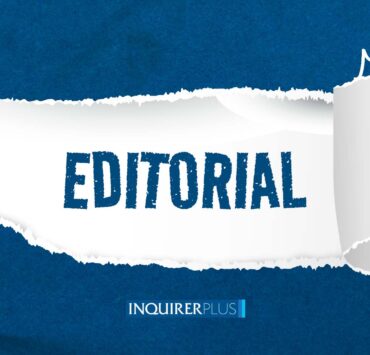Revelations of the recent ICC decision
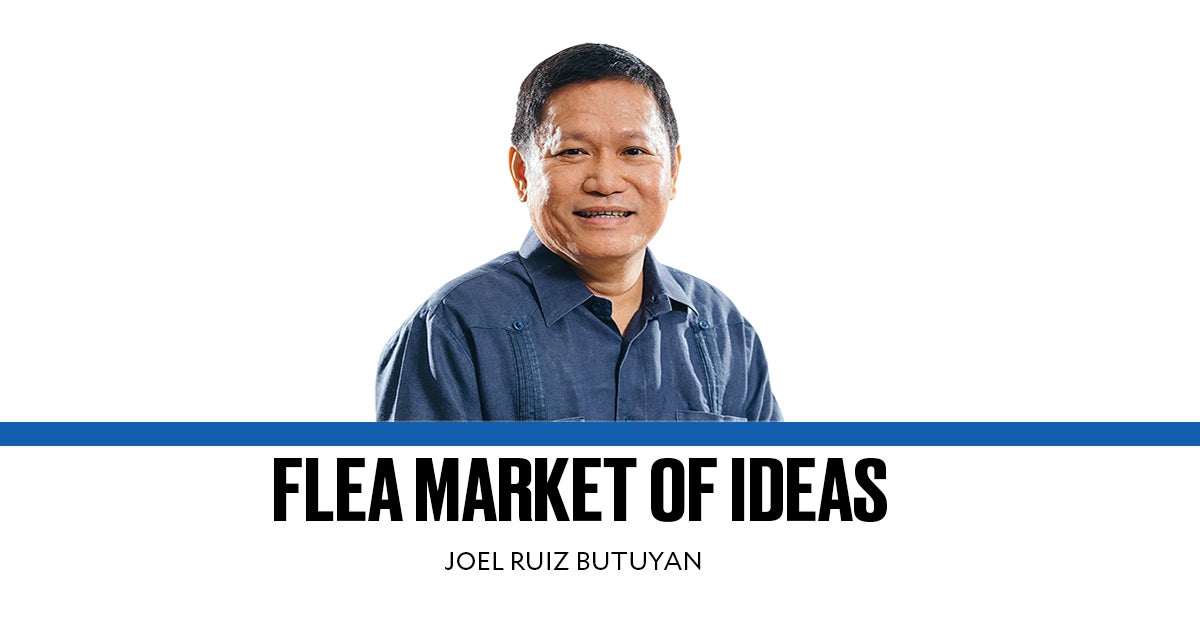
One of the most awaited pretrial decisions of the International Criminal Court’s Pre-Trial Chamber I, which is hearing the case of former President Rodrigo Duterte, was released last week. The PTC denied the former President’s request for interim release, notwithstanding two previous statements released by defense counsel Nicholas Kaufman, in which he claimed that the ICC Prosecutor and the Philippine government had agreed to Duterte’s interim release.
The victims’ families were awaiting the decision with so much anxiety, because they feared that if Duterte were released, he could threaten their lives and the lives of potential witnesses. Their fears have a basis because, since the former President’s arrest, the ICC Prosecutor has disclosed its evidence to the Duterte camp, including the identities of witnesses and the victims covered by the charges.
The core reasons why the PTC ordered Duterte’s continued detention are to guard against the following three risks: that he will escape from ICC jurisdiction; that he will endanger the lives of witnesses and victims; and that he will commit more crimes.
The PTC cited statements and actions from Duterte’s family members and allies, showing that the above-mentioned three risks may potentially occur if Duterte is granted interim release. Among others, the PTC cited the following: the Duterte camp’s insistence that their patriarch was kidnapped and not validly arrested; that Duterte wishes to return to Davao should he be granted release; that Duterte has a network of support that may help him escape; that Duterte has a history of influencing and threatening witnesses against him; and that Duterte pledged in 2024 to double the killings if he were to be elected again as Davao City mayor.
What’s also revealing in the PTC decision is its assessment of Duterte’s medical condition. The defense submitted a “Final Medical Report” in an attempt to prove that Duterte’s “cognitive impairment negates the three risks and that, therefore, he is entitled to interim release. The PTC ruled that the medical “documents are unable to affect the Chamber’s finding that Duterte’s detention is necessary.” The PTC further declared that the medical findings on Duterte do not indicate how “Mr. Duterte’s alleged physical condition or cognitive impairment negates the (three) risks.”
The PTC clarified that its assessment of the medical documents is only with respect to the issue of interim release. It made clear that it will separately assess the medical documents’ significance on the issue of Duterte’s mental fitness to stand trial, which it is expected to decide upon next. But if the PTC has found that, even with the former President’s claimed medical condition, he is still capable of posing the three risks mentioned earlier, there’s hope that the same medical documents will also convince the PTC that Duterte is mentally fit to stand trial.
It is also quite revealing that the defense counsel is questioning the consent given by Duterte on the release to the PTC of his medical records that were generated by the medical officer of the ICC detention facility. This was done by the defense in a written “response.” This is really intriguing. If Duterte is really mentally unfit, pieces of factual information supportive of this assertion will potentially or normally show in the medical officer’s report, because he/she is tasked to attend to Duterte at all times. If the medical report is supportive of the defense’s position, it is expected that the defense will freely allow the PTC to have unobstructed access to the documents. But if the medical report is not supportive of its assertion, any defense team will throw technical roadblocks to prevent the PTC from gaining access to the medical records. The Duterte defense team is doing the latter.
Another interesting revelation in the PTC decision is its mention of the ICC Prosecutor’s counterargument that ”[t]he release of Mr. Duterte could pose a risk of endangerment or obstruction of the prosecution’s ongoing investigation … because of the possible opportunity to intimidate or threaten witnesses either directly or indirectly, through his associates or his family members.” It must be remembered in this connection that in the Document Containing Charges, the ICC Prosecutor referred to at least eight co-perpetrators of Duterte in the commission of crimes against humanity, but whose identities are kept confidential so far. Is the “ongoing investigation” with respect to the co-perpetrators of Duterte? Will this ongoing investigation lead to additional warrants of arrest soon? Who will be the subject of these warrants of arrest?
The recent PTC decision may have merely resolved the issue of Duterte’s non-entitlement to interim release. But it is the hope of many victims that it is also giving us a sneak peek into forthcoming decisions of the PTC on other issues that everyone is eagerly awaiting with either optimism or trepidation.
—————-
Comments to fleamarketofideas@gmail.com

